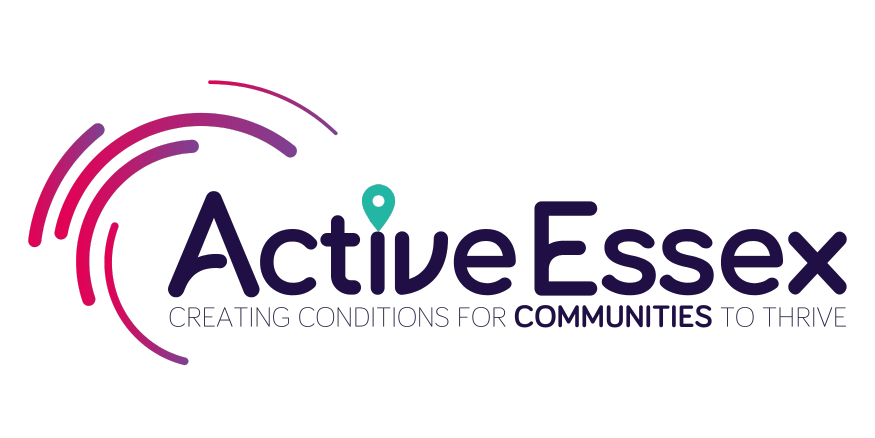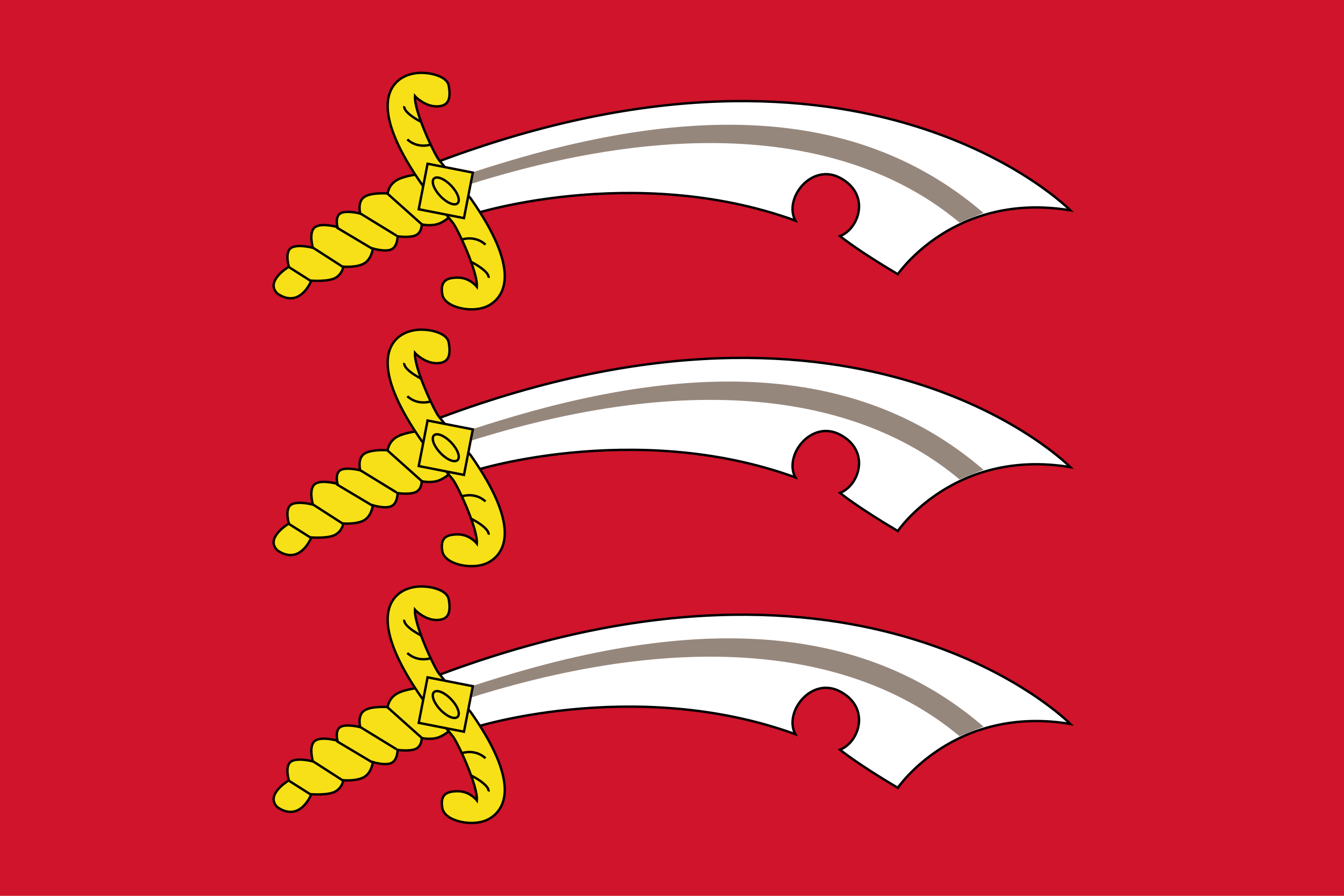UK volunteering soars during coronavirus crisis
Posted on: May 27, 2020
Content from The Guardian
Ten million UK adults have been volunteering in their community during the coronavirus crisis, and most say they will carry on after the lockdown ends, according to new research.
The study also found that Britons have been extending a financial helping hand to local businesses. More than £1bn was spent on services and goods that people knew they would never be able to use during the pandemic, including payments to home cleaners and gardeners.
Since the crisis took hold, millions of Britons have been serving as an informal “volunteering army”, whether it is helping with grocery shopping for others, picking up prescriptions, ringing up people living alone, or helping out at a local food bank.
According to the research from insurer Legal & General and the Centre for Economics and Business Research, one in five UK adults (19%) has volunteered their time for community activities since the start of the lockdown on 23 March.
With each individual contributing, on average, about three hours of their time, the work this volunteer army is doing is estimated to have an equivalent economic value of more than £350m a week.
The researchers said “Britain’s community spirit has doubled down in lockdown” and that these volunteers were a key part of the “national infrastructure” during the crisis.
Nigel Wilson, Legal & General’s chief executive, said: “We have become a nation of volunteers during the Covid-19 crisis. And – judging by the millions who plan to continue after the lockdown – it is a change that is here to stay.”
Two-thirds of those who have volunteered (67%) have been doing grocery shopping for neighbours, friends and others, while a quarter (26%) have collected and delivered medicines or prescriptions. Meanwhile, 16% of those donating their time have volunteered to phone people who may be struggling with loneliness or other issues. This is all on top of the help being provided via the NHS volunteer programme launched on 24 March.
The research found that millennials – typically defined as those born between the early 1980s and the late 1990s or the start of the 2000s – were the least likely age group to volunteer, but that when they did, they gave up the most time: an average of 3.5 hours a week on grocery shopping, and 4.4 hours if volunteering in other ways.
Meanwhile, across all those surveyed, more than three-quarters (78%) said they planned to continue helping those in need after the lockdown.
The researchers also found that many households had tried to help those who help them, and were continuing to pay cleaners, gardeners and other workers for services they knew they would never be able to use under lockdown. An estimated £637m was spent on unused goods and services between the start of the lockdown and the end of April – a figure that has now risen to more than £1bn.



Leave a Reply
You must be logged in to post a comment.